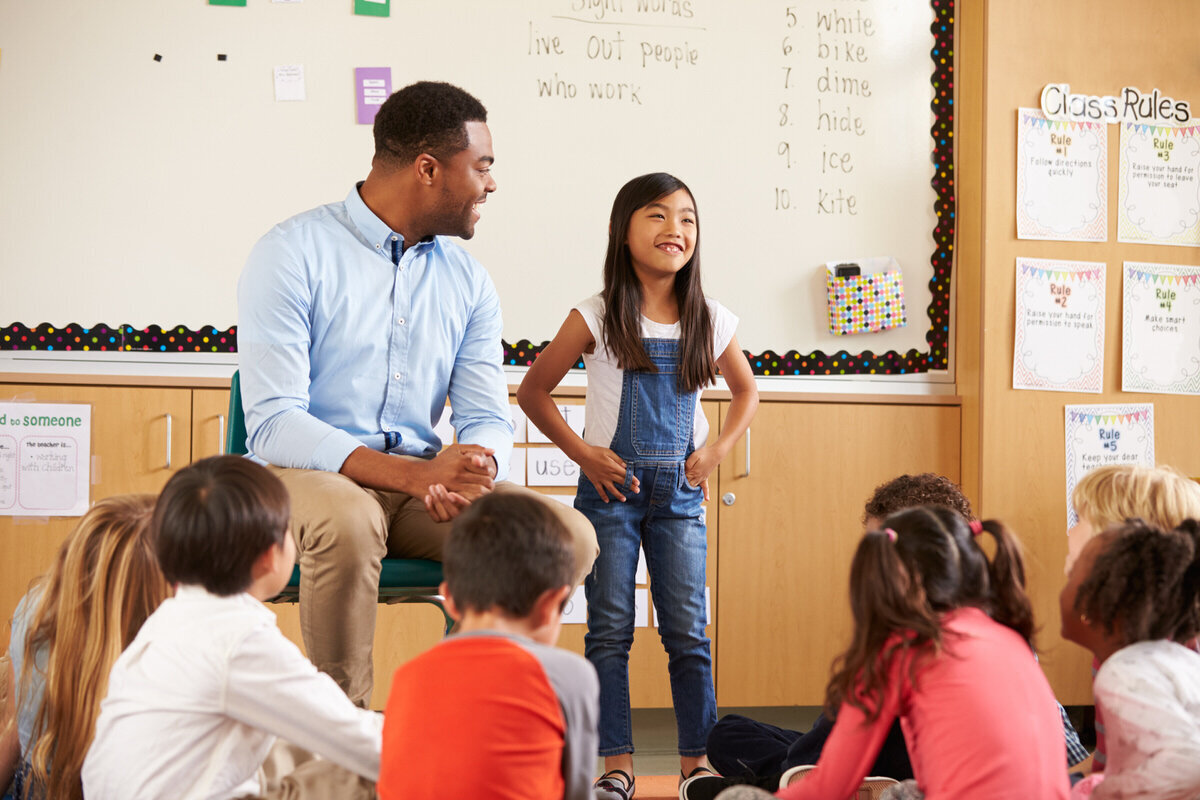Can Kids Have Glossophobia?
Yes, kids can have glossophobia, which is the fear of public speaking. Glossophobia, also known as the fear of public speaking, can affect children as well as adults.
It is a common phobia that can cause intense anxiety and fear when speaking in front of others. Children with glossophobia may avoid situations that require public speaking or experience extreme nervousness and physical symptoms such as shaking, sweating, and rapid heartbeat.
This fear can interfere with their academic performance, social interactions, and overall confidence. It is important for parents and educators to provide support and guidance to help children overcome glossophobia and develop effective communication skills. By building their confidence and providing opportunities for practice and exposure, children can learn to manage their fear and become comfortable speaking in public.
Understanding Glossophobia In Children
Glossophobia is the fear of public speaking and can also affect children. It is estimated that around 75% of people experience speech anxiety, making it one of the most common phobias. Glossophobia in children typically starts around the age of 13, along with other social fears.
The symptoms of glossophobia in children may include intense fear or anxiety before or during public speaking situations. They may experience physical symptoms such as sweating, trembling, rapid heartbeat, and difficulty breathing. Some children may avoid speaking in front of others altogether due to their fear.
It is important to support and help children with glossophobia by providing them with opportunities for practice and gradually building their confidence in public speaking.
Factors Contributing To Glossophobia In Children
Glossophobia, the fear of public speaking, can affect children as well. Several factors contribute to glossophobia in children. One such factor is their developmental stage. Children at certain ages may experience heightened anxiety when speaking in front of others. Additionally, environmental factors can play a role in the development of glossophobia.
Negative experiences or a lack of supportive environments can contribute to a child’s fear of public speaking. Furthermore, parental influence can also impact glossophobia in children. If parents themselves have a fear of public speaking, it may be passed down to their children.
It is important to address glossophobia in children early on, providing them with the necessary support and tools to overcome their fears and build confidence in public speaking.
Addressing Glossophobia In Children
Glossophobia, or the fear of public speaking, is not limited to adults. Children can also experience this fear, known as pediatric glossophobia. It’s important for parents and educators to recognize and validate these fears in children, as they may have a significant impact on their academic and social development.
Building confidence in children with glossophobia can be done through gradual exposure to public speaking situations, starting with small and supportive environments. Encouraging children to participate in activities that involve speaking in front of others, such as school presentations or drama clubs, can help boost their confidence over time.
However, if a child’s glossophobia significantly affects their daily life or causes extreme distress, it’s important to seek professional help from a therapist or counselor who specializes in anxiety disorders.
:max_bytes(150000):strip_icc()/GettyImages-200569619-008-56ff4e7e3df78c7d9e4d5848.jpg)
Credit: www.verywellmind.com
Frequently Asked Questions For Can Kids Have Glossophobia?
What Age Is Glossophobia Most Common In?
Glossophobia is most common in individuals around the age of 13 and affects approximately 75% of people.
What Can Trigger Glossophobia?
The anticipation of presenting in front of an audience is the most common trigger for glossophobia. Other triggers may include social interactions, starting a new job, or going to school.
What Phobias Can Kids Have?
Kids can have various phobias such as a fear of animals, insects, blood, heights, or flying.
What Are 5 Glossophobia Symptoms?
Symptoms of glossophobia include anxiety, excessive sweating, rapid heartbeat, trembling, and difficulty speaking.
Conclusion
It is possible for kids to have glossophobia, the fear of public speaking. While it is more commonly seen in adults, children can also experience this phobia due to various factors. It is important to understand that each child is unique, and their fear may manifest differently.
Some may experience anxiety when speaking in front of a large group, while others may feel nervous even in smaller settings. Parents and educators play a crucial role in helping children overcome glossophobia by creating a supportive and encouraging environment.
Building their confidence through practice and positive reinforcement can make a significant difference. Additionally, teaching them effective communication skills and providing opportunities for public speaking can help them gradually overcome their fear. By addressing glossophobia early on and providing the necessary support, children can develop the confidence to express themselves confidently in any situation.


